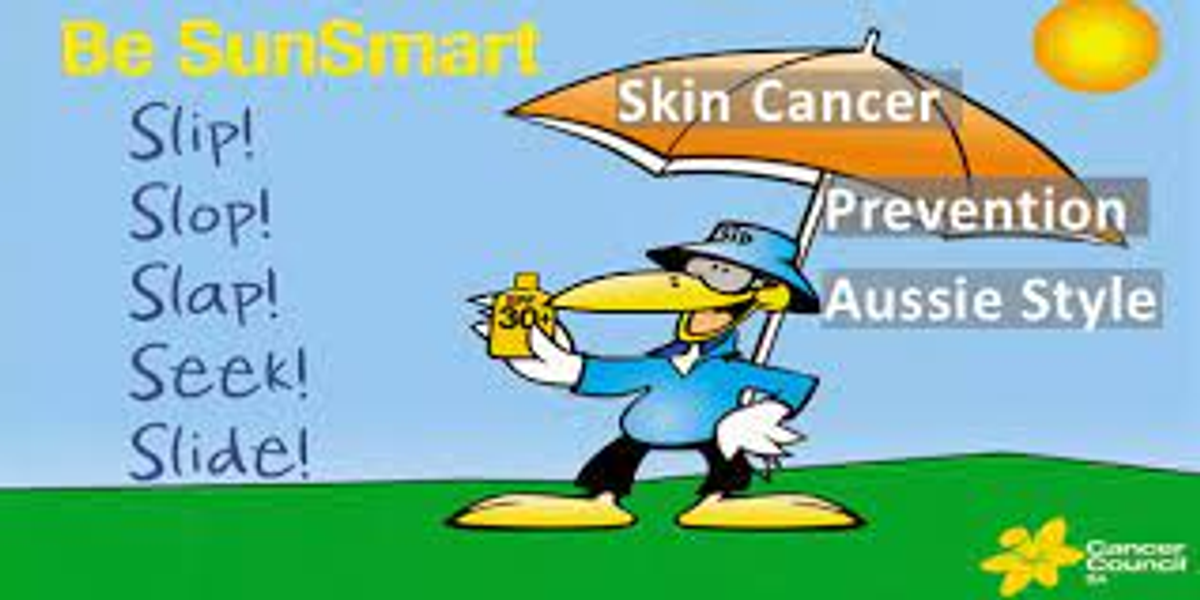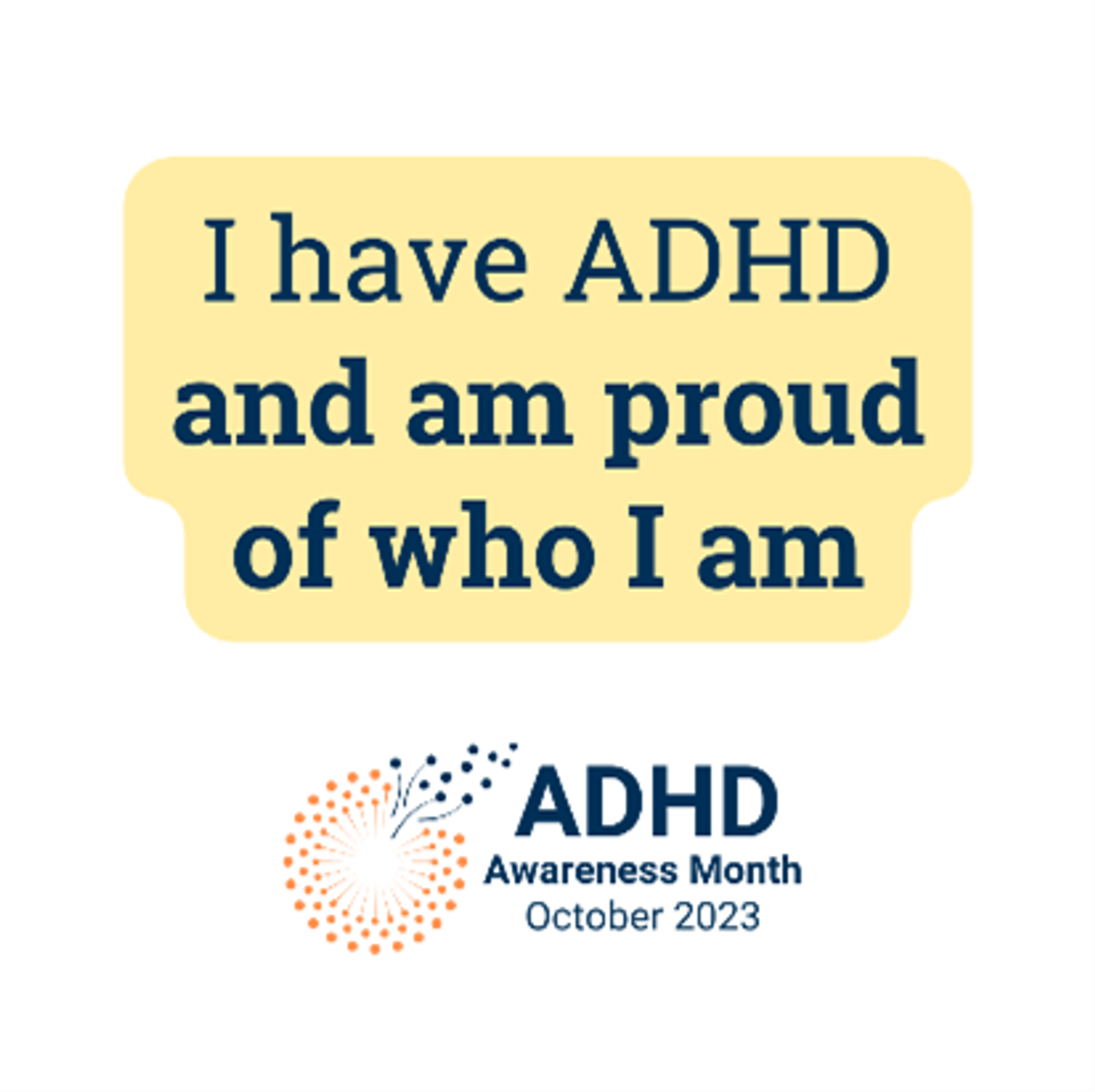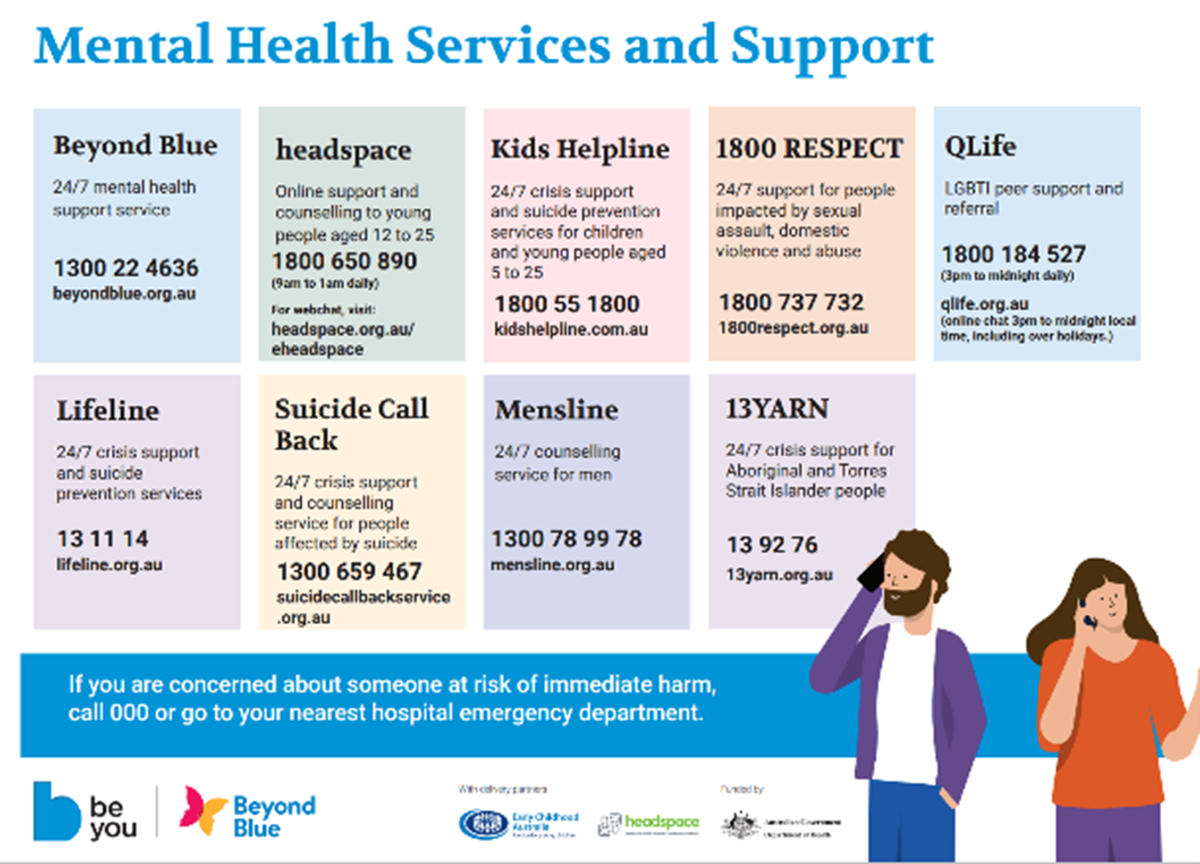Well Being News

What is thunderstorm asthma?
During grass pollen season (1 October through to the end of December) people may notice an increase in asthma and hay fever. It also brings the chance of thunderstorm asthma.
Thunderstorm asthma is thought to be triggered by a unique combination of high amounts of grass pollen in the air and a certain type of thunderstorm. For people who have asthma or hay fever this can trigger severe asthma symptoms.
When a large number of people develop asthma symptoms over a short period of time, related to high grass pollen and a certain type of thunderstorm, it is known as Epidemic thunderstorm asthma.
We encourage you to make sure you have a current in date asthma or allergy plan at school.
Thunderstorm asthma - Asthma Australia
Video - https://youtu.be/TMQxBZ9M8g8
SUN SMART
Each time skin is exposed to UV radiation, changes take place in the structure and function of our skin cells. Our skin remembers and records all the UV exposure ever received – all the sunburns, tans, solarium visits or just simple day-to-day time spent outdoors when sun protection has not been used. It all adds up and increases the long-term risk of skin cancer.
Sunburn, but also tanning at any age, can cause permanent and irreversible skin damage and increase the risk of skin cancer, so even if you don’t ever burn you can still be at risk. Yet skin cancer is one of the most preventable cancers in Australia. Protecting your skin during the daily sun protection times with sunscreen, clothing, a hat, sunnies and shade can minimise freckling, wrinkling and ageing of the skin and ultimately reduce the skin cancer risk.
Check the SunSmart UV Alert daily, in the daily paper or as a free SunSmart app for the sun protection times in your locality.
Remember to wear hats and sunscreen where possible to avoid any skin damage.
Men’s Health
Movember has grown to become a well-recognised international event and a symbol of positive approaches to men’s health issues. Movember is the leading the charge annually in November focusing on men’s mental health and suicide prevention, prostate cancer, and testicular cancer.
Across the world, men are dying nearly 5 years earlier than women, and for largely preventable reasons. A growing number of men – around 10.8M globally – are facing life with a prostate cancer diagnosis. Testicular cancer is the most common cancer among young men aged between 15 – 35 years old. And across the world, one man dies by suicide every minute of every day, with males accounting for 69% of all suicides.
We all have a friend, partner, brother and/ or father, so more than ever we now need to start a conversation about men’s health, both mental and physical.
It can often be tricky spotting a friend who’s struggling. Helping a friend is easy when you know how. Follow these four steps to let the conversation flow.
https://conversations.movember.com/en-au/ALEC/#checkIn
Is your friend acting out of character? Here are a few things to look out for. https://youtu.be/2l8GOz4a9WA
Testicular cancer is the #1 cancer amongst young guys. Yet 62% of those who at most at risk don’t know how to check themselves. Good news is its easy. You need to get to know what’s normal for you. That way if anything changes you can act on it.
Let us show you how – Check your pair https://youtu.be/OhojaxF7Rc0
We encourage anyone who cares about men’s health to get involved in Movember and start a conversation today.
More information - https://au.movember.com or https://mensline.org.au/
Mensline 1300789978 Kids helpline 1800551800 Beyond Blue 1300224636
ADHD Awareness Month
ADHD Awareness Month occurs annually throughout October and is dedicated to raising awareness of and educating the public about Attention Deficit Hyperactivity Disorder. In raising awareness, the event aims to dismantle any harmful stereotypes or misinformation and spread reliable key facts and information.
ADHD Awareness Month is celebrated every October to raise awareness of Attention Deficit Hyperactivity Disorder (ADHD), a neurodevelopmental disorder that affects 1 in 20 Australians.
While we are seeing more awareness there continues to be myths, misinformation and stigma that negatively impact the lives of people with ADHD (also known as ADHDers). This includes barriers to access to accurate information, timely diagnosis, treatment, support and accommodations.
So this October needs to be about more than just awareness. It is a time to debunk stigma, improve community understanding and build acceptance of ADHD. It is also an opportunity to spotlight the experiences, achievements and contributions of ADHDers in Australia, and around the world.
ADHD Awareness Month 2023 - ADHD Australia
Attention deficit hyperactivity disorder (ADHD) in childhood - Better Health Channel
Medical Action plans
As a school we have a duty of care, we need to be able to keep our students safe and administer the appropriate care for their medical needs. As a school we would like to provide the correct medical treatment at any given time and for some medical conditions we need to follow medical advice with the DET approved actions plans. We require a medical action plan for students that have: Allergies, Anaphylaxis, Asthma, Diabetes, Epilepsy, and any other complex health issues.
Please see the DET policy: Health Care Needs: Policy | education.vic.gov.au
The Action Plans need to be reviewed each year by your medical practitioner. These help us keep your child safe and supports our staff to be able to treat and watch your child safely. All documentation can be returned to the reception. If you need any further information, please let the reception know.
Middle East Conflict
Helping your child during the current situation in the Middle East
Our young people will likely hear about the unfolding situation in the Middle East either through their social media feeds or overhearing adults. Clinical psychologists Dr Judith Locke and Dr Danielle Einstein share tips on how parents can support their children. Read more...
How to survive and thrive in exams
ICYMI: Leading clinical psychologist Andrew Fuller provides strategies for students to cope with exam anxiety and perform at their best, in one of his most popular articles on The Parents Website. Read more...









